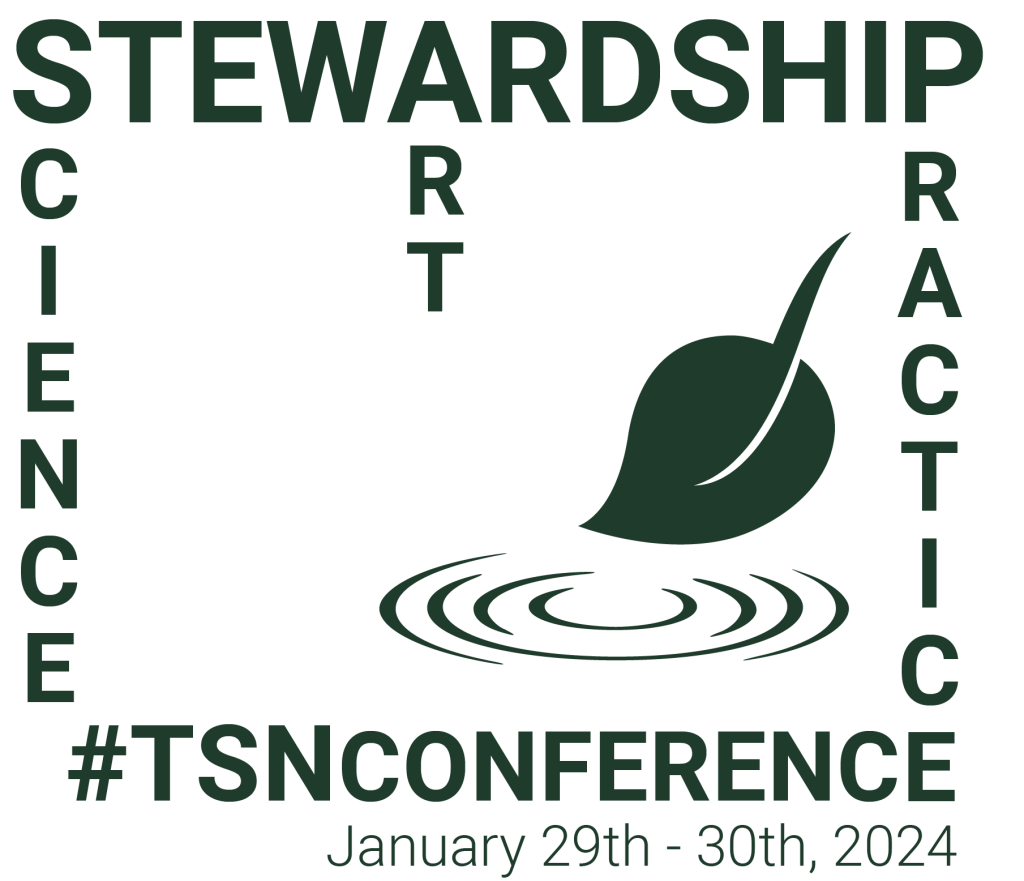The introduction of invasive flora and fauna into a new environment is often irreversible and may permanently harm the balance of the native ecosystem. Currently, more than 1,000 invasive plant species have been established in the state of Michigan, including Alliaria petiolata, or garlic mustard. Control of garlic mustard populations includes the use of herbicide, scorch treatments, or pulling the plants and disposing of the collected biomass in landfills or through the composting process. A major concern of the composting process is the potential for viable weed seeds in mature compost. Prolonged heat exposure during the composting process is one strategy for reducing seed viability. If the amount of heat naturally produced during composting is not sufficient for reducing the viability of the garlic mustard seeds, a pretreatment method such as soil solarization or high temperature treatment may be an alternative way to reduce seed viability while still reusing invasive plant biomass through composting. This study aimed to: 1) describe the composting process and the key parameters for reducing invasive seed viability in compost, 2) present the methods and findings of previous studies that attempted to reduce invasive seed viability through composting and through pretreatments, and 3) describe and discuss our attempts to reduce garlic mustard seed viability through preliminary pretreatment experiments. Results from our study will provide information for the management of garlic mustard and other invasive species populations at the Matthaei Botanical Gardens and Nichols Arboretum at the University of Michigan.
Additional Contributors: Dr. William Schultz, University of Michigan Department of Mechanical Engineering
Dr. Robert Grese, University of Michigan Matthaei Botanical Gardens and Nichols Arboretum

